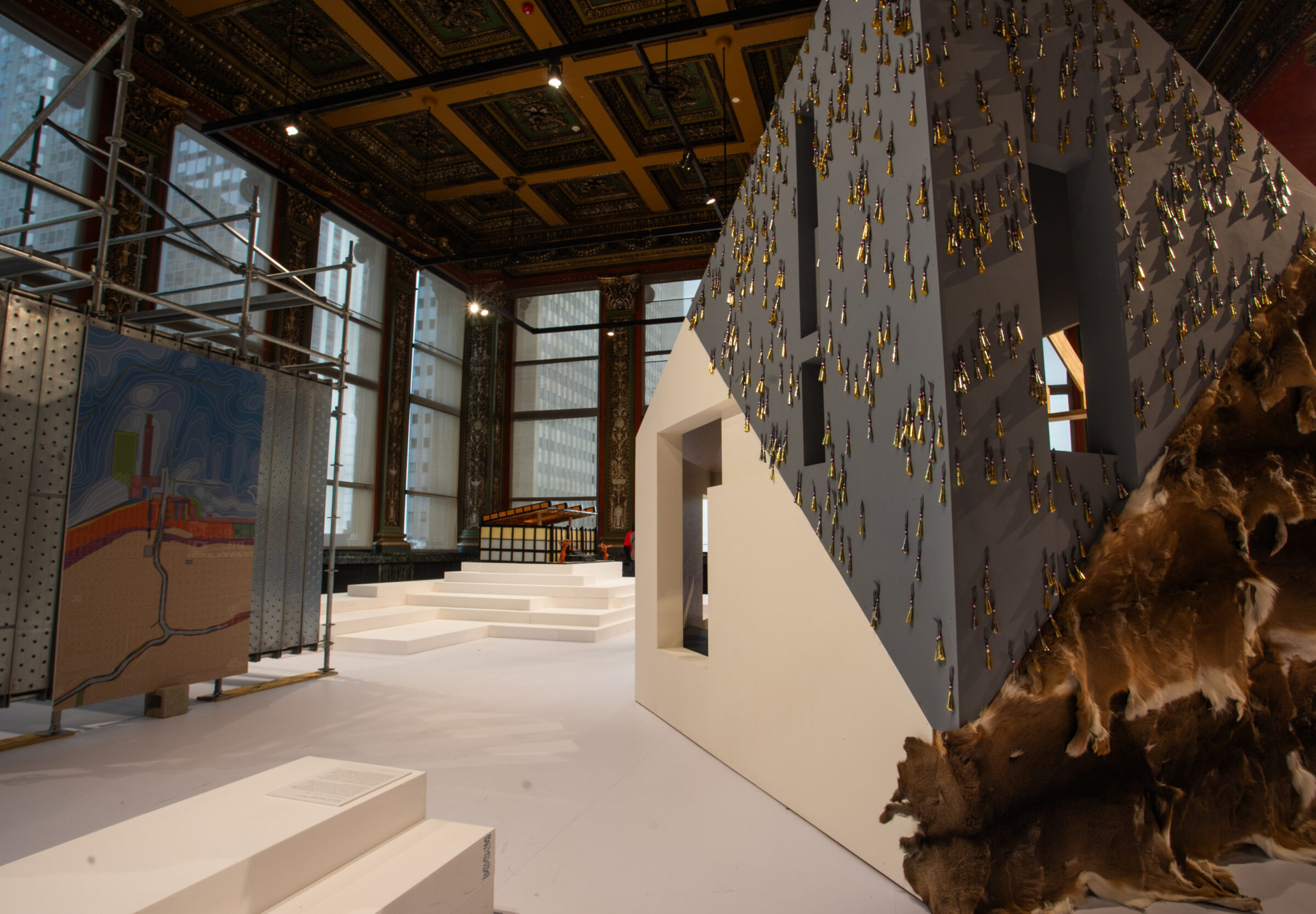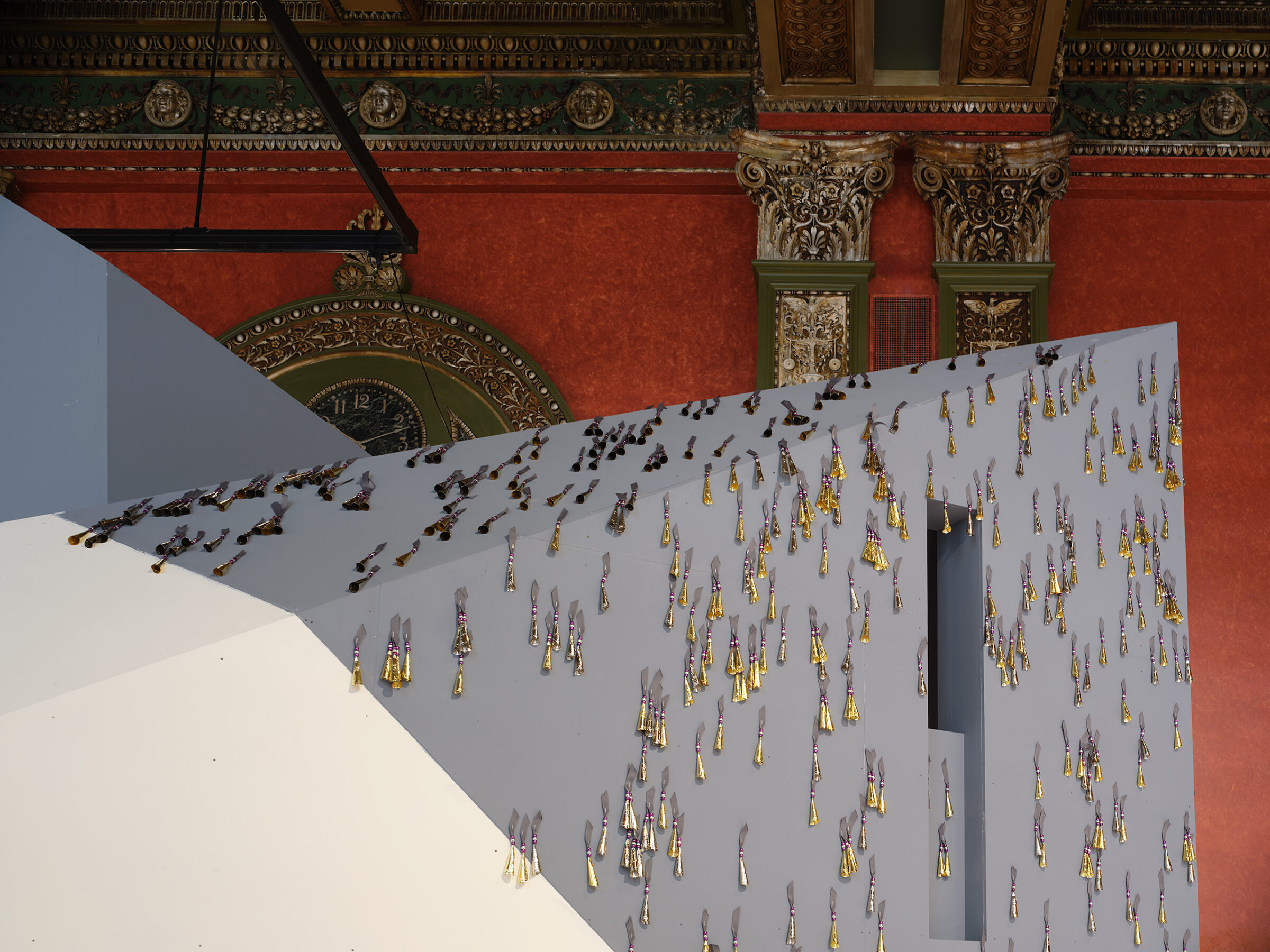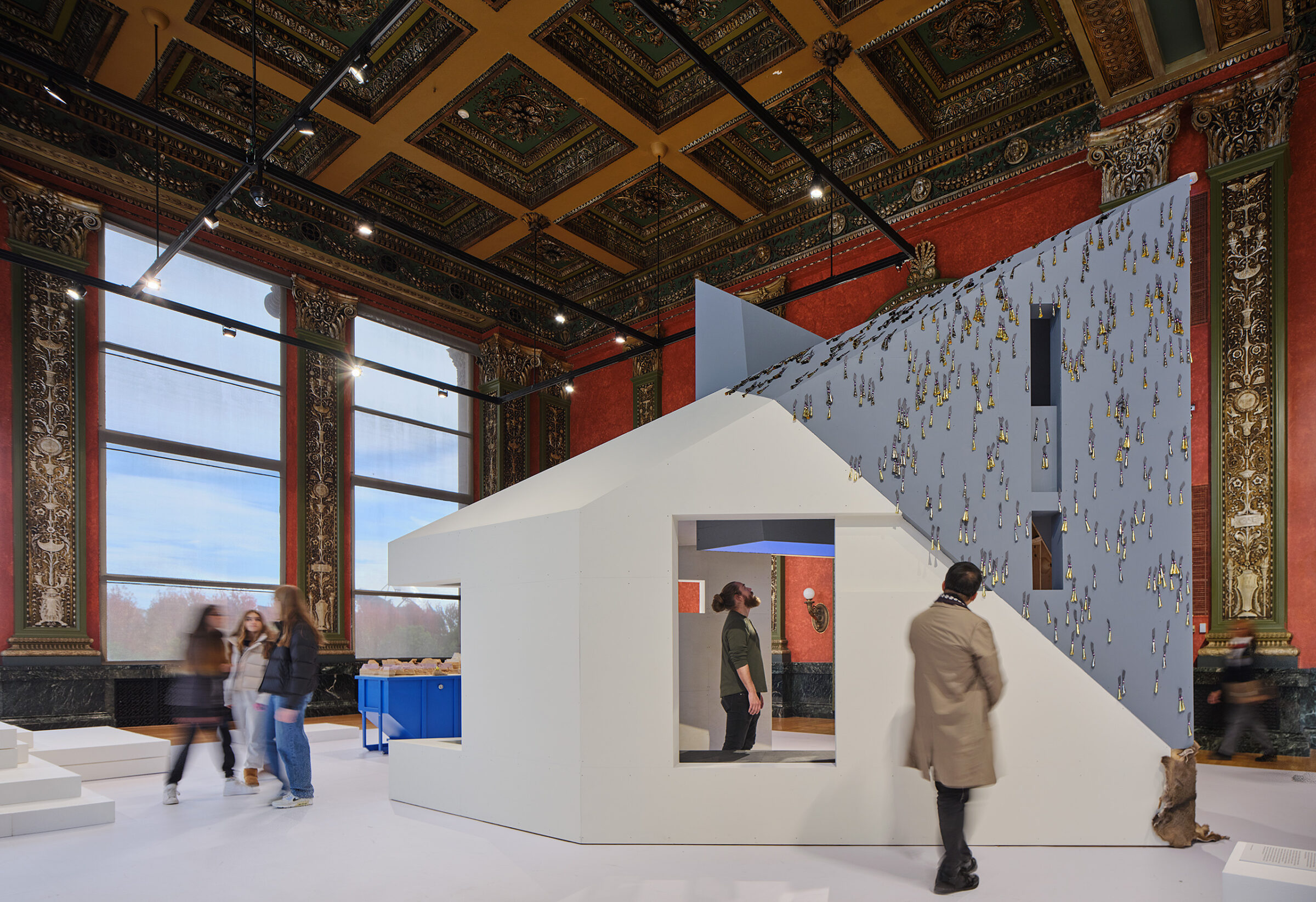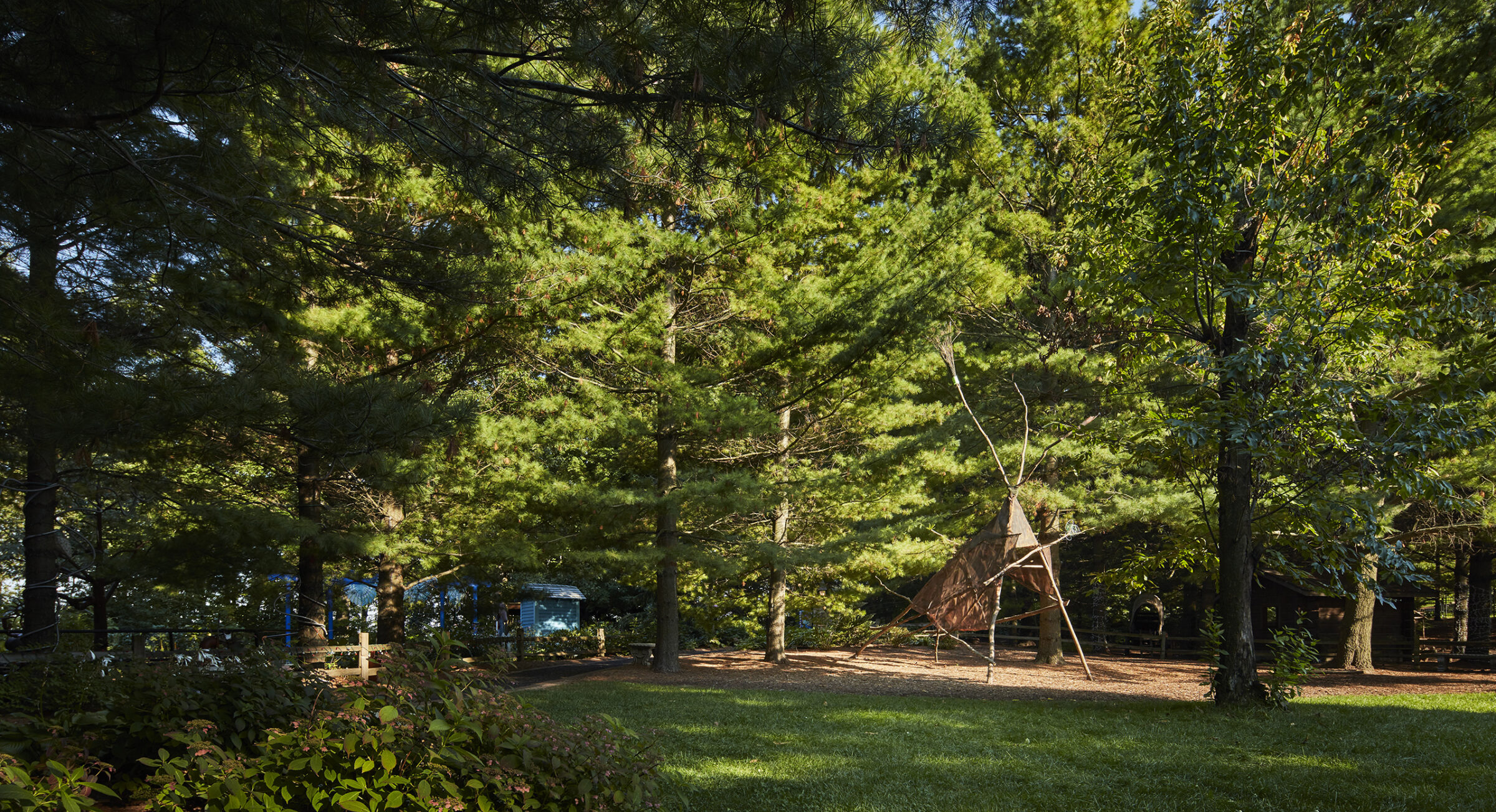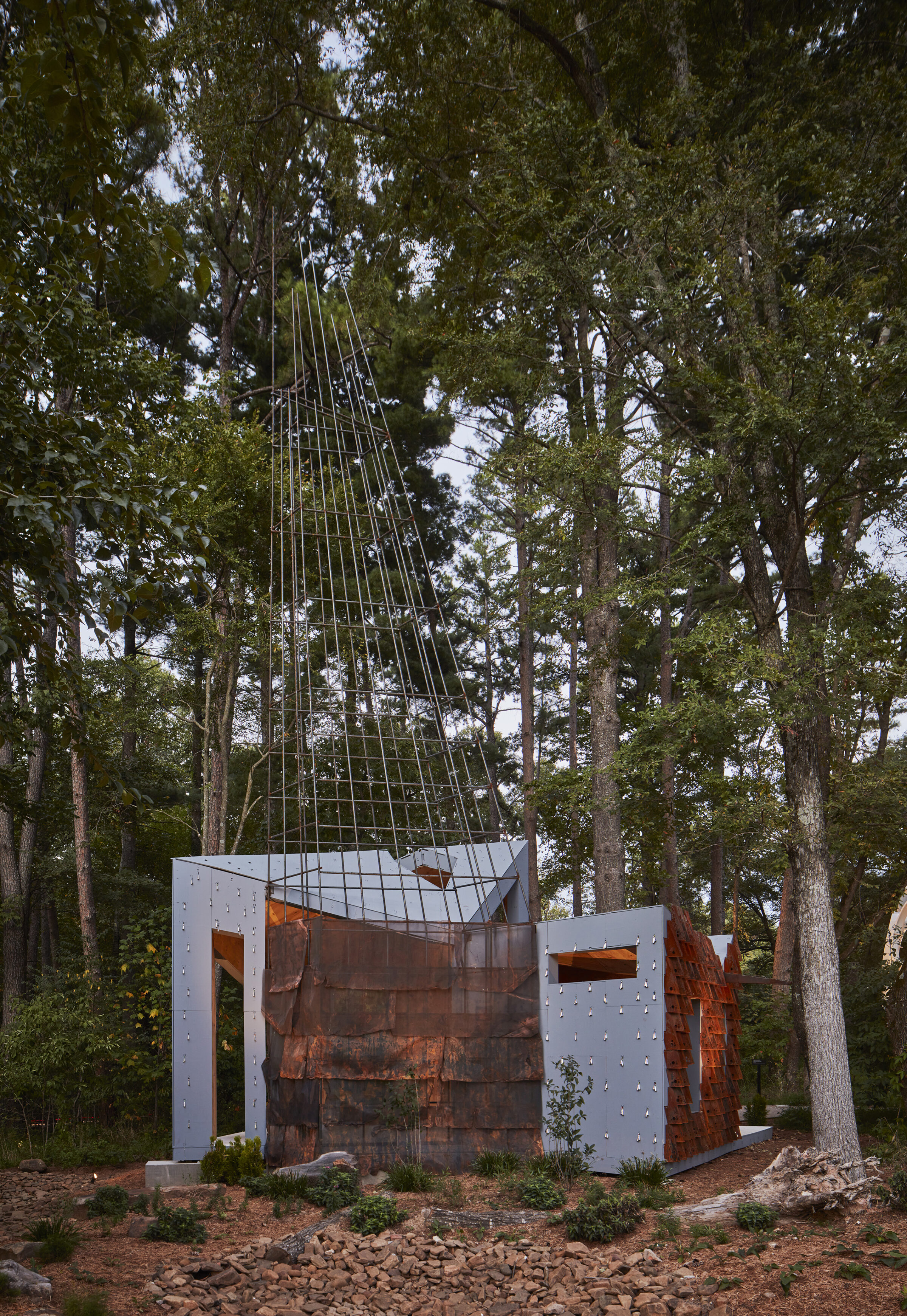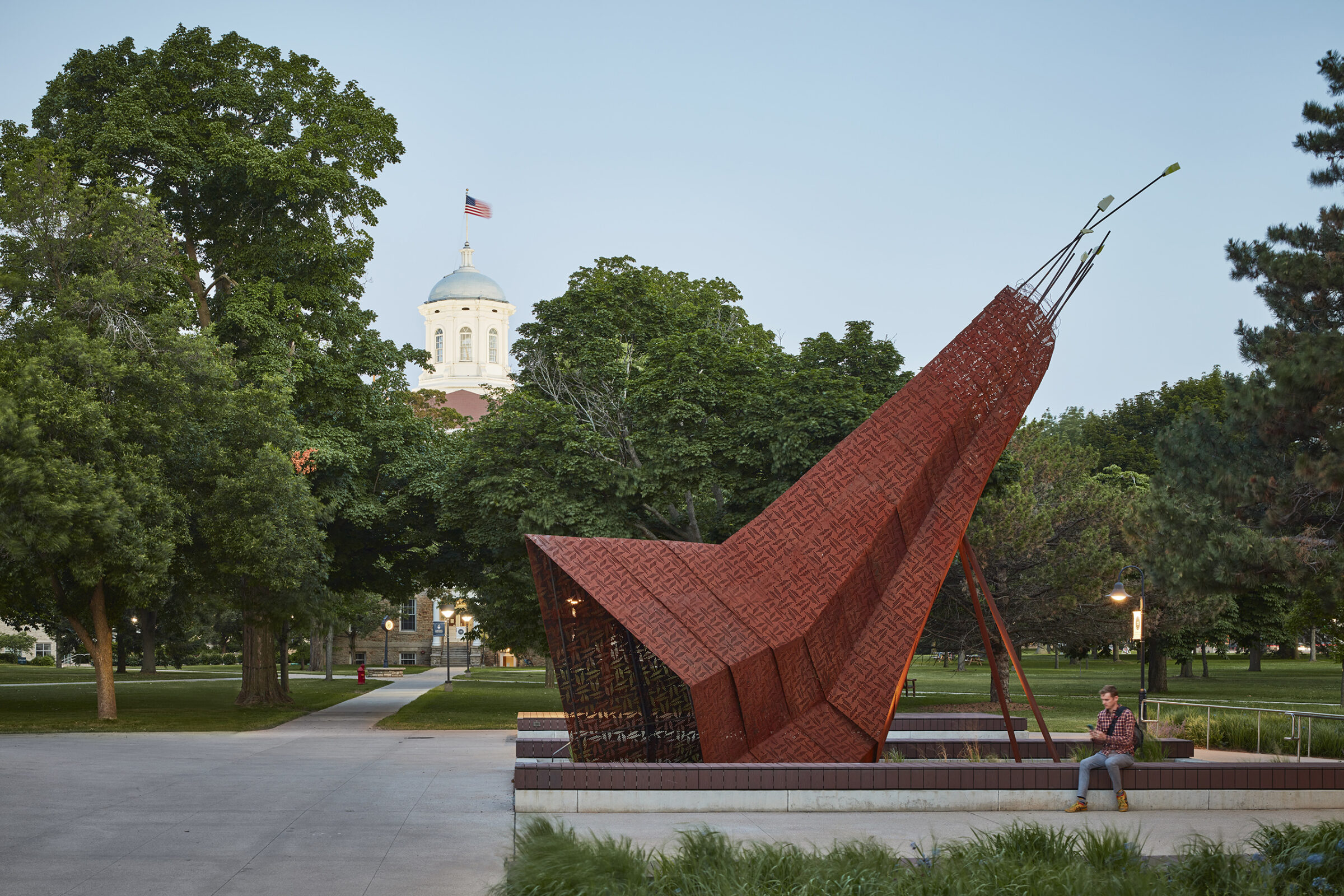Chris T Cornelius of studio:indigenous
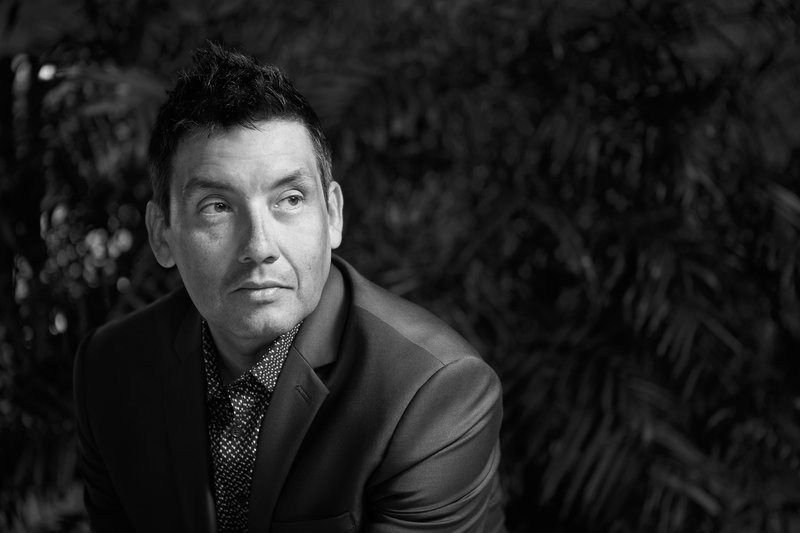
Albuquerque, United States
WebsiteChris Cornelius (b. 1971, Oneida Nation of Wisconsin) is the founding principal of studio:indigenous and creates architecture and artifacts that dismantle stereotypes surrounding Indigenous design and offer a distinct vision of contemporary Indigenous culture. Their search for a new architectural language through drawing and making absorbs, embeds, and ultimately obscures direct references to Indigenous forms. This distinct and highly personal approach leverages the cultural underpinnings, devices, and thinking of Indigenous culture to manifest original architecture, art, and objects.
Cornelius was born in Milwaukee, Wisconsin and raised on the Oneida Reservation in Wisconsin. He holds a Bachelor of Science in Architectural Studies from the University of Wisconsin-Milwaukee and a Master of Architecture from the University of Virginia. Based in Albuquerque, New Mexico, studio:indigenous works at intensely varied scales. Cornelius is professor and chair of the Department of Architecture at the University of New Mexico, and his awards include the 2017 inaugural J. Irwin and Xenia S. Miller Prize from Exhibit Columbus, a 2018 and 2022 Architect’s Newspaper Best of Design Award, and an artist residency from the National Museum of the American Indian. He has exhibited widely including the 2018 Venice Architecture Biennale, and was the Spring 2021 Louis I. Kahn Visiting Assistant Professor at Yale University.
CAB 5 Contribution
Project Overview
ukwé·tase (newcomer/stranger), 2023
A single land acknowledgment for the Indigenous people of what is now known as Chicago would not be sufficient. There are complex histories that need to be unpacked to properly address the unceded lands of those people. Each nation deserves its own physical land acknowledgment, along with its land back. This piece is called ukwé·tase (newcomer/stranger) in the Oneida language. It reinforces the notion that we are all strangers somewhere, working on land that is not our own. A portion of Indigenous knowledge presents the familiar coupled with the strange. There are lessons to be learned from pairing two things we know, such as animal and human becoming Deer Woman.
Here it is a house and an installation. In this regard, ukwé·tase presents Indigenous knowledge and its lamination of fact (familiar) and fiction (strange). Is it architecture, installation, sculpture, dwelling, land acknowledgment, or art? The answer is that it is all of it, in order to expand our understanding of what Indigenous architecture is. The piece deploys methodologies rooted in Indigenous knowledge: narrative, visions, and dreams are accepted as truths, like facts, science, and data. The piece is not intended to be indigeneity on display for the nonindigenous gaze but rather to be seen as a projective future for design, people, and culture. Addressing the artist’s role as an intervening designer—as a visitor, stranger, or interlocutor—ukwé·tase prompts individuals to reflect upon the Indigenous land they are on.
Special thanks to Current Projects
Past Works
Project Overview
